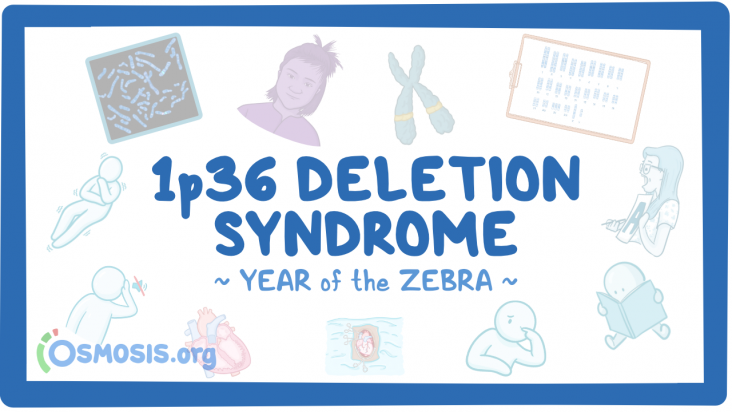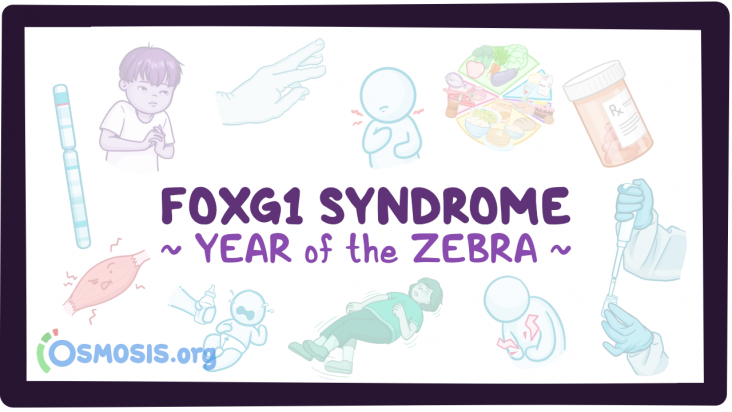The authors put forward a mathematical model for examining the impact of water, sanitation and hygiene (WASH) services on reducing the transmission of waterborne diseases such as enteric diarrheal disease (EDD). It is found that wastewater and sewage treatment (WST) control has the most significant impact in terms of WASH interventions employed. The findings have could have very important public health potential and tie in strongly with the goals of SDG 6.
This study supports SDGs 3, 6, and 14 by highlighting the importance of freshwater biodiversity for human and planetary health, and suggesting that local and regional efforts for monitoring and improving ecosystem health are essential for reversing the current crisis in this area.
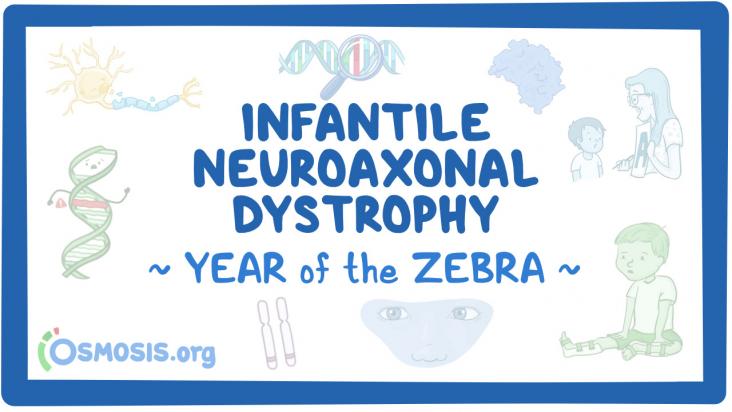
Rare Disease Education: Infantile Neuroaxonal Dystrophy
Editor: Kelsey LaFayette, DNP, RN, FNP-C
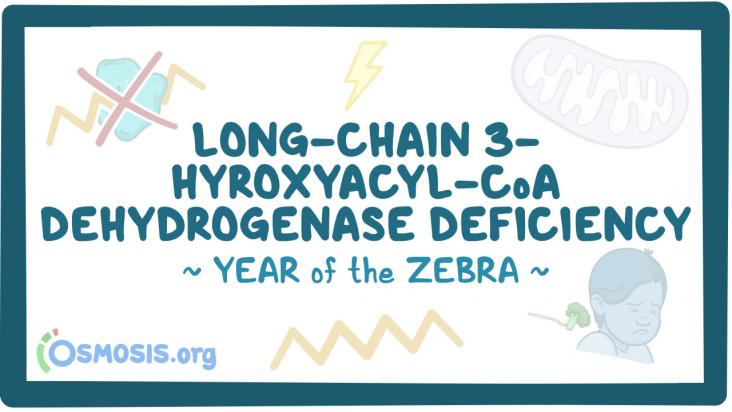
Rare Disease Education: Long-chain 3-hydroxyacyl-CoA Dehydrogenase Deficiency
Editor: Kelsey LaFayette, DNP, RN, FNP-C
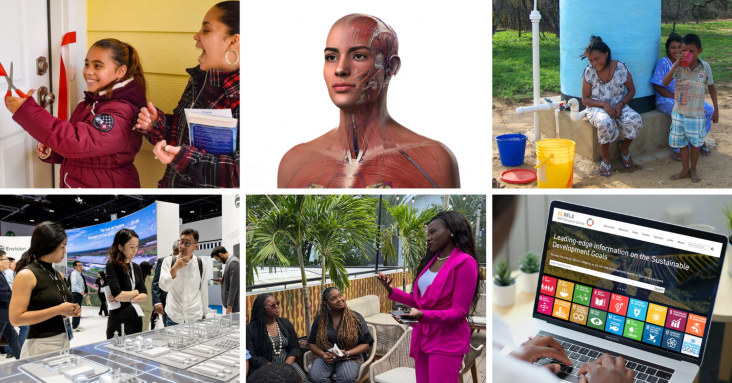
As we pass the halfway point for the SDGs, many of the goals are worryingly off track and progress on 85% of the target indicators has stalled or even reversed. Through our information, products and people, RELX remains committed to advancing the Goals. Here are some of the ways that we continue to support their achievement.
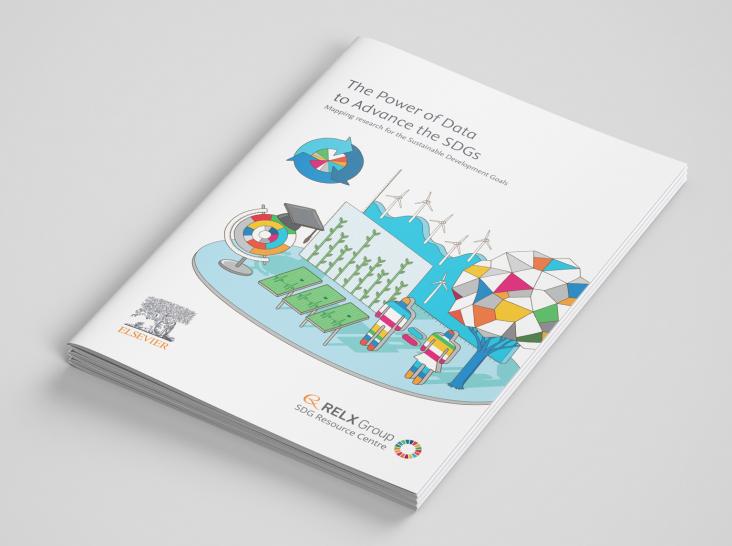
Access to information is critical in achieving the SDGs - empowering the public to make decisions, informing policy making and enabling effective implementation and monitoring. RELX businesses regularly produce and publish free to download reports and analytics that draw upon vast amounts of information and data in support of the SDGs. Explore some of the reports and tools developed to date.
In this Viewpoint, an international panel of clinicians, scientists, and community members with lived experiences of autism reviewed the challenges in identifying autism in individuals who are assigned female at birth and proposed clinical and research directions to promote the health, development, and wellbeing of these individuals.
This paper assess parental and guardian perceptions of dental health service accessibility among primary school students Saudi Arabia.
